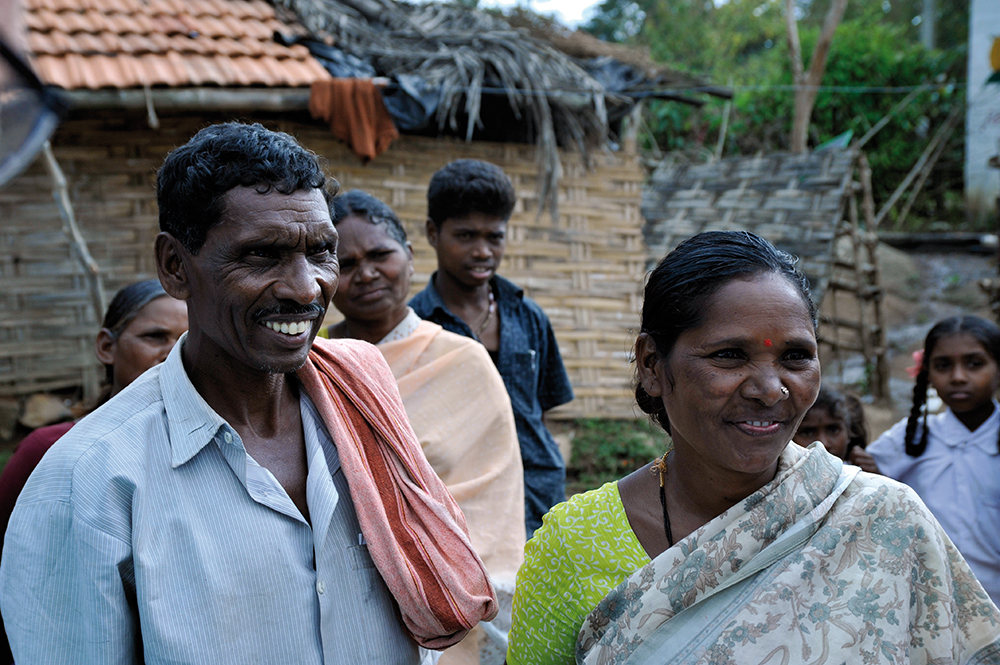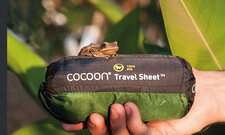Organic Cotton
COCOON Organic Cotton Line
Sustainabilty and Social Justice
The premium quality organic cotton used for COCOON TravelSheets™ and MummyLiners™ is grown by Indian farmers. Organized in cooperatives, many small, family-owned Indian farms have gone organic over the last years. Organic cotton farming is characterized by a great respect for the environment, a number of natural approaches to pest management and soil fertility as well as social improvements for the farmers and their communities.

Pesticide-Free Farming and Organic Fertilizers
Indian organic cotton farmers use natural alternatives to pesticides and insecticides including neem plant-based pest control and they fertilize their fields with organic worm compost.

Farmer Empowerment and Economic Development
Growing organic cotton gives Indian farmers in these cooperatives a new sense of economic security. Fairtrade certified cooperatives and factories guarantee a fair and stable price for organic cotton.
Premiums for organic and Fairtrade cotton flow into community development projects democratically chosen by the farmers.
Ecological Viewpoint
The conventional cultivation of cotton is characterized by massive use of insecticides, pesticides and chemical fertilizers as well as enormous water consumption through irrigation. Organic, rain-fed cotton farming, by contrast, has no or hardly any negative impacts on soil, water tables, food chains and the global environment.
It is an investment in the future of our planet.

Advantages for the consumer
The production of organic and Fairtrade cotton is frequently and strictly controlled by the cooperative, NGOs and official certifiers (e.g. Fairtrade). The consumer can therefore be sure to be buying a high quality, 100% organically grown, ethically manufactured product.







